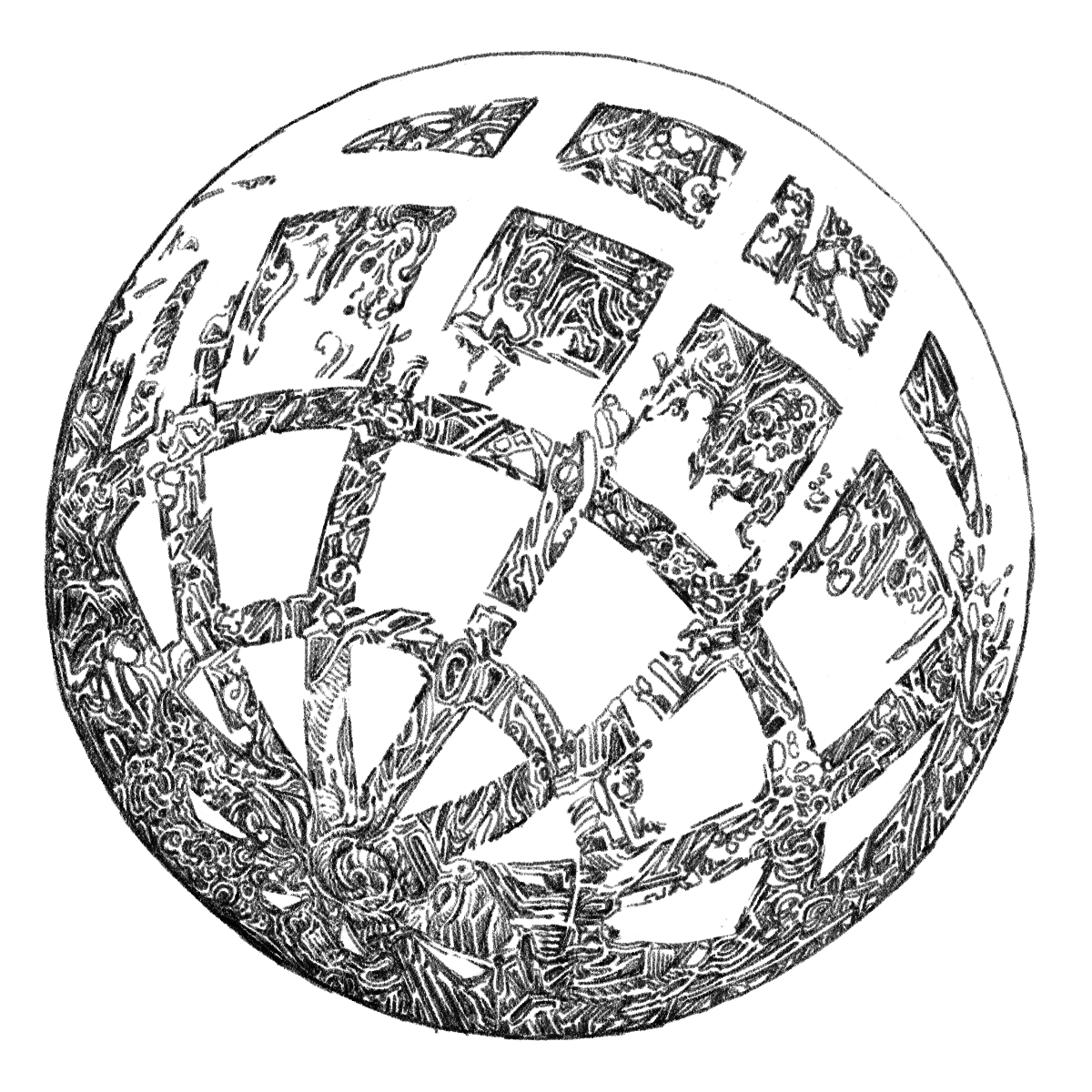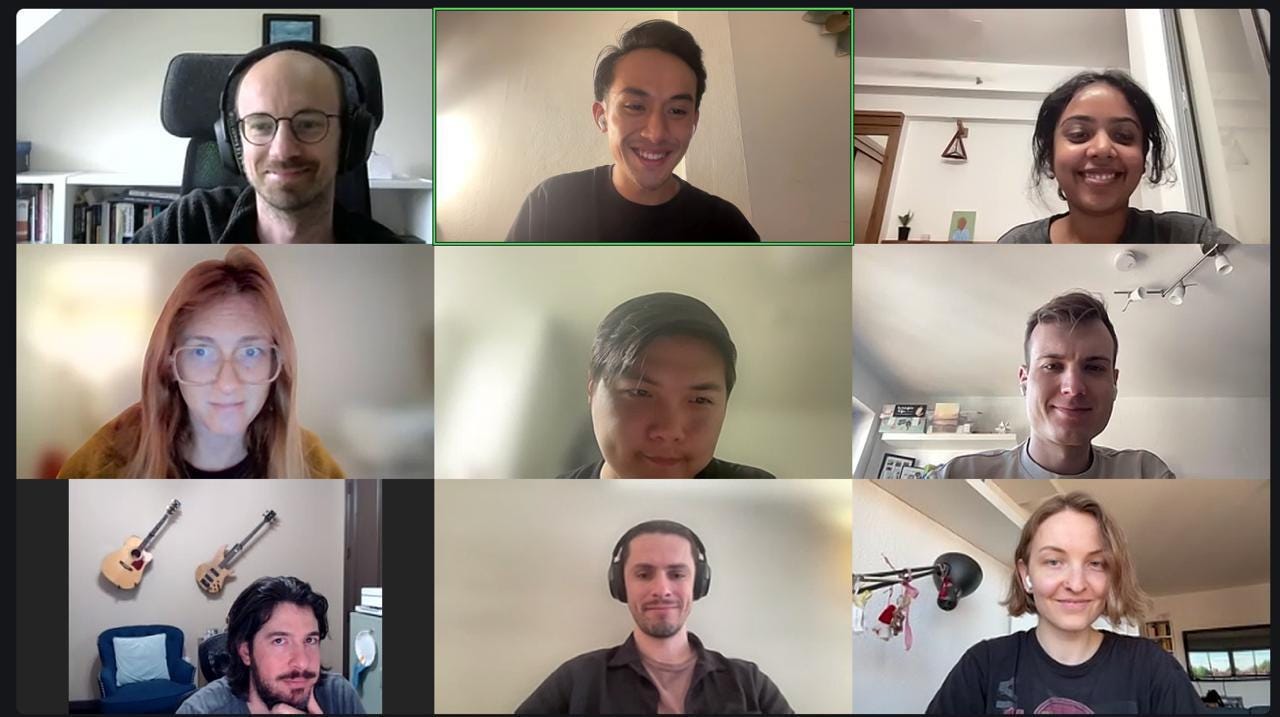DAO Chronicler [vol. 5]
Research fellowship update, OpenGrants launch, and DAOstar community calls
In this volume of the DAO Chronicler, we’re bringing you two key updates from the DAOstar community.
But before we get to that, an announcement:
We’re launching DAOstar Community Calls 🎉
These will be informal and open sessions where builders, researchers, and academics share ideas, questions, and prototypes from the frontlines of DAO innovation.
If you’re building or researching something cool in DAOs, digital governance, or related fields, this is your chance to share work-in-progress, surface hard questions, and get feedback from our amazing community - we want to learn with you!
The next call is on July 8th. Submit to present here and RSVP for the event here.
Can’t wait to see you all there!
And now, what’s inside ⬇️
🔍 DAOstar research fellowship update
🚀 Presenting OpenGrants: open data infrastructure for Web3 grants
Updates from DAOstar Research Fellows
We’re now two months into the DAOstar Research Fellowship, and the momentum is building! Most fellows are deep into data collection and early analysis, surfacing key insights across our five research themes. Here's what everyone’s been up to:
🌀 Social Dynamics of DAOs
Victoria and Ben have begun interviews, and a clear theme is emerging: the DAO experience is heavily shaped by perspective. In-group members often define the dominant narratives—such as inclusivity—while others may experience exclusion in more subtle forms. This divergence in perception is surfacing the invisible hierarchies that shape participation in DAOs.
⚙️ Token Unlocks and Incentive Structures in DAOs
Jillian and Ryan are finding that token unlocks often catch holders by surprise, raising questions around behavioral dynamics and varying levels of financial sophistication. They're now looking to gather a random sample of wallet holders to deepen their understanding. The team is especially interested in interviewing folks from projects like Eigenlayer who are experimenting with novel unlock mechanisms.
🧠 DAO Governance Mapping
Teije’s early analysis shows that many DAOs are delegating key operational responsibilities to specialized entities, pointing to an evolving division of labor within decentralized governance. He continues to analyze on-chain data and refine survey instruments to capture these shifts more systematically.
🧾 Legally Binding Smart Contracts
Sneha’s work has expanded into questions of legitimacy in DAO contexts: how can the need for autonomy and legitimacy be reconciled with legal compliance and protection? She’s currently speaking with DAO members and contributors, and is now looking to include perspectives from adjacent participants who engage with DAOs but don’t consider themselves “in” them.
🇲🇾 State of DAOs in Malaysia
Marcus is uncovering a fragmented landscape of DAO understanding in Malaysia. Snowball sampling has proven difficult, so outreach has turned more cold and deliberate. Initial analysis points to three broad groups: Web3 Deep Professionals, Web3 Participants, and Interested Outsiders—each with different levels of engagement and knowledge.
🚨 Check out all of DAOstar’s research and details on our research fellows here, and stay tuned for the fellows’ final research reports coming soon!
DAOstar Orbit
New Project: OpenGrants (built by DAOstar)
Even though billions in Web3 grant capital have been distributed, many ecosystems still struggle to measure performance and prevent waste. That’s why we’ve built OpenGrants - open data infrastructure for Web3 grants that allows projects to learn from each other, create a more vibrant space for builders, and promote ecosystem-wide growth.
Powered by structured metadata from DAOIP-5, OpenGrants maintains the largest data lake of Web3 funding data (hosted by Open Source Observer) and supports an interoperable ecosystem of grantmakers and builders who are working together to increase impact, reduce waste, and improve reporting.
At DAOstar, we believe that the development of standards and benchmarks, and promotion of data-driven decision-making is necessary to support the maturation and growth of Web3 grant programs and DAO resource allocation mechanisms. Through OpenGrants and DAOIP-5, we seek to address problems with data collection, quality, and analysis, and ultimately, promote the continuous improvement of the Web3 funding ecosystem.
Feel free to reach out to DAOstar Ecosystem Lead, Sam on Telegram (@samccarthy27) or via email (sam@daostar.org) for more information or collaboration opportunities.
FOLLOW US
That’s all for now. As always, thanks for reading and subscribing to DAO Chronicler by DAOstar!






